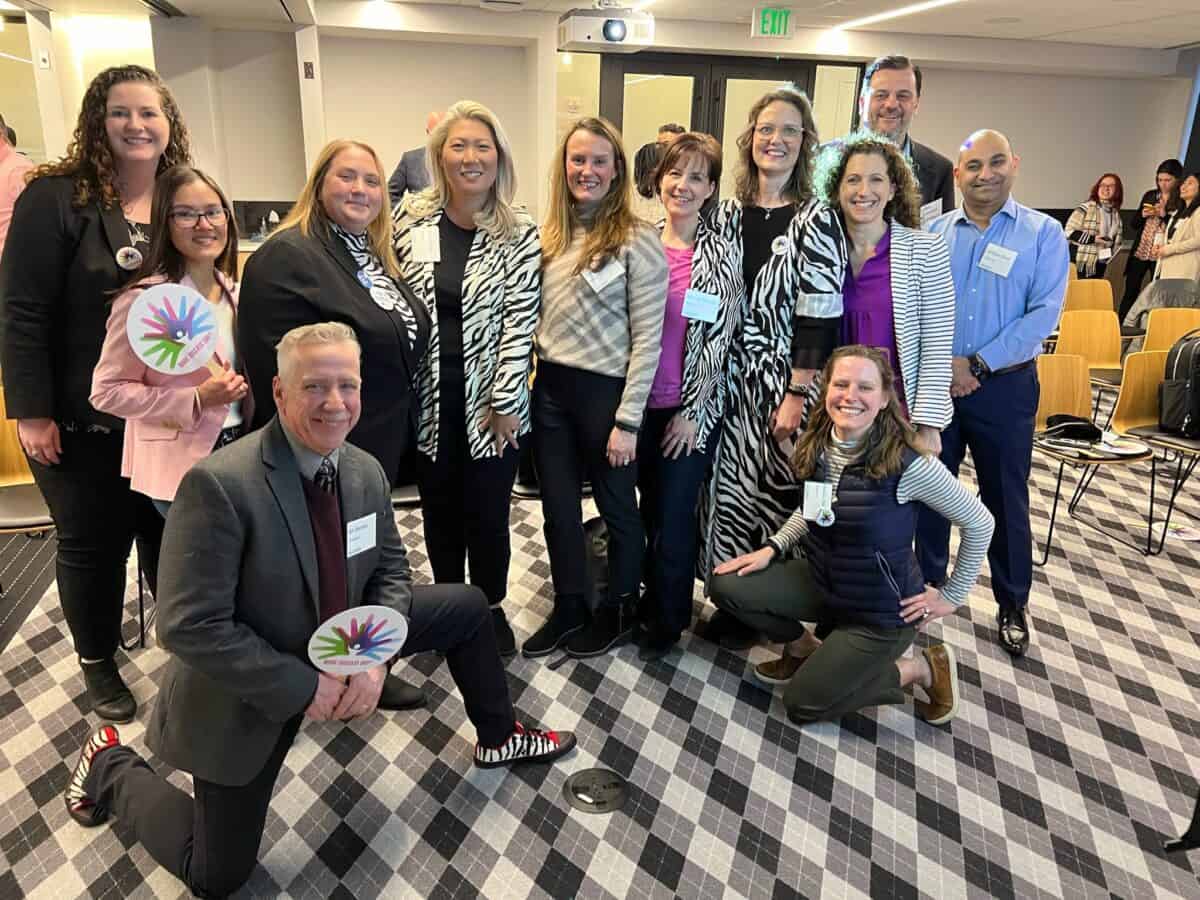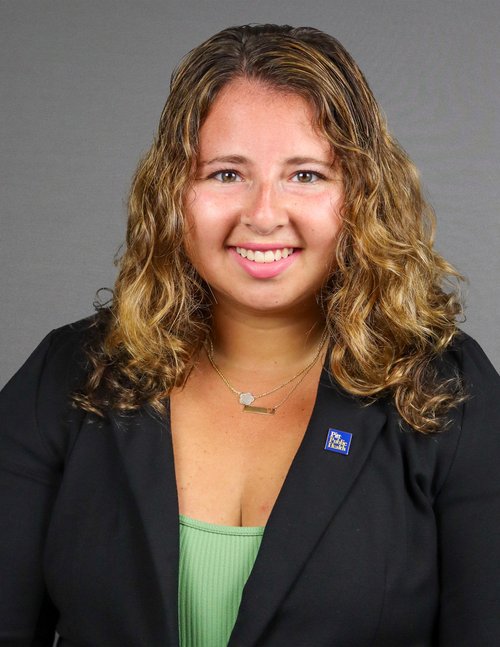
When it comes to ensuring that children have access to the medical testing and support for rare diseases they deserve to lead healthy lives, Massachusetts is a national leader.
The state starts testing early with infants through its Newborn Screening (NBS) program – the first such program to be established in the U.S., even ahead of the federal Newborn Screening Quality Assurance program that was started by the U.S. Centers for Disease Control in 1978. According to Baby’s First Test, Massachusetts screens the second-highest number of conditions in the nation – 66 in total – more than the 63 recommended on the official federal list known as the Recommended Uniform Screening Panel (RUSP).
The Commonwealth continued to lead the way in late 2022 when state Sen. Paul Feeney (D-Foxborough) and state Rep. Brian Ashe (D-Longmeadow) introduced legislation to recognize Feb. 28 as Rare Disease Day. The bill, signed into law by Gov. Charlie Baker in December 2022, made Massachusetts one of the first states to permanently ratify this annual awareness day, joining a global movement to advocate for the more than 300 million individuals impacted by rare diseases worldwide.
But while we’ve made good progress, we can’t remain complacent. When it comes to any disease, but especially rare diseases, early detection can give individuals the opportunity to receive interventions to help prevent permanent disability, developmental delays and even death.
Massachusetts currently has two emerging legislative opportunities that would give individuals access to biomarker testing and rapid whole genome sequencing (rWGS), opening the door to precision medicine, and allowing the state to play an even greater leadership role in the advancement of diagnosis and treatment of rare diseases.
Progress in improving outcomes in rare diseases increasingly involves the use of precision medicine, which uses information about a person’s own genes or proteins to treat these diseases. The increased adoption of precision therapies requires access to precise methods of diagnosis.
In the case of biomarker testing, a patient’s tissue, blood, or other biospecimen is analyzed for a sign of a normal or abnormal process, such as a molecular marker of a disease condition. Because rare diseases are often caused by a single gene, access to biomarker testing would shorten the diagnostic odyssey for patients and their families and provide them with the possibility of accessing therapies that can lead to improved survivorship and better quality of life for rare disease patients. The proposed legislation would aim to ensure that Massachusetts residents are covered by state-regulated insurance plans, including Medicaid, when medically appropriate.
Similarly, legislation for rWGS would provide Medicaid coverage for critically ill children under 21 years of age who are admitted to an inpatient intensive care unit with a complex illness of unknown etiology. Under bill H1197, reimbursement for rWGS would be limited to children that meet specific medically necessary criteria and provider requirements, but the impact of shortening the diagnostic process would be beneficial in terms of better health and financial outcomes for patients and their families.
There is significant value for both patients and Medicaid if the program provides coverage and reimbursement of rWGS in high acuity clinical settings. Rapid WGS yields twice as many diagnoses than usual care in the ICU, with an estimated 15 percent of diagnoses made with rWGS that would have otherwise been missed using other sequencing. In addition, studies conducted in California, Michigan and Florida consistently demonstrated aggregate and per person cost savings with the use of rWGS as compared to the standard of care.
Without biomarker, rWGS and other advanced forms of testing, on average it is very difficult for a rare disease patient to get an accurate diagnosis. During this diagnostic odyssey, many rare diseases progress irreversibly and cause tremendous harm to patients. This leads to worse health outcomes and higher healthcare costs.
According to a recent health economic study by the EveryLife Foundation for Rare Diseases entitled, “The Cost of Delayed Diagnosis in Rare Disease,” the economic impact of medical costs and lost income for individuals and families navigating a rare disease averages $220,000 just for the diagnosis – and can reach upwards of $517,000 per person. Why? A rare disease diagnosis can require an average of more than six years and 17 medical interventions after symptoms begin – including emergency room visits, hospitalizations and procedures, and out-of-state-specialist appointments.
Timely access to comprehensive biomarker and rWGS testing can potentially help to achieve the triple aim of health care, including better health outcomes, improved quality of life, and reduced cost.
Having recently celebrated our state’s second annual Rare Disease Day, Massachusetts again has an opportunity to be a leader in the fight to expand access to tests that can connect patients to the most beneficial treatment for their disease and ultimately improve their rates of survival and quality of life.
About the Authors

Dr. Eric Crombez is Executive Vice President and Chief Medical Officer at Ultragenyx, a biopharmaceutical company focused on the development of novel therapeutics for rare and ultrarare genetic diseases. Ultragenyx has offices in Somerville and Woburn, as well as a new gene therapy manufacturing facility in Bedford to accelerate access to treatments.

Haley Director, MPH, originally from Sharon, MA, serves on the Board of Directors for Rare New England, a nonprofit serving the rare disease community, and is a PhD student in Health Services Research and Policy at the University of Pittsburgh School of Public Health with professional and research interests focused in genetic policy.